Why do some of the best cyclists choose to join second division teams?
With the level and demands for results that World Tour teams are acquiring, some professionals in the top category have chosen to relegate themselves to Pro Team teams in order to seek other alternatives, whether to cover the twilight of their careers or simply to enjoy full freedom when configuring their calendars. Examples like Tom Pidcock or Julian Alaphilippe are the most evident.
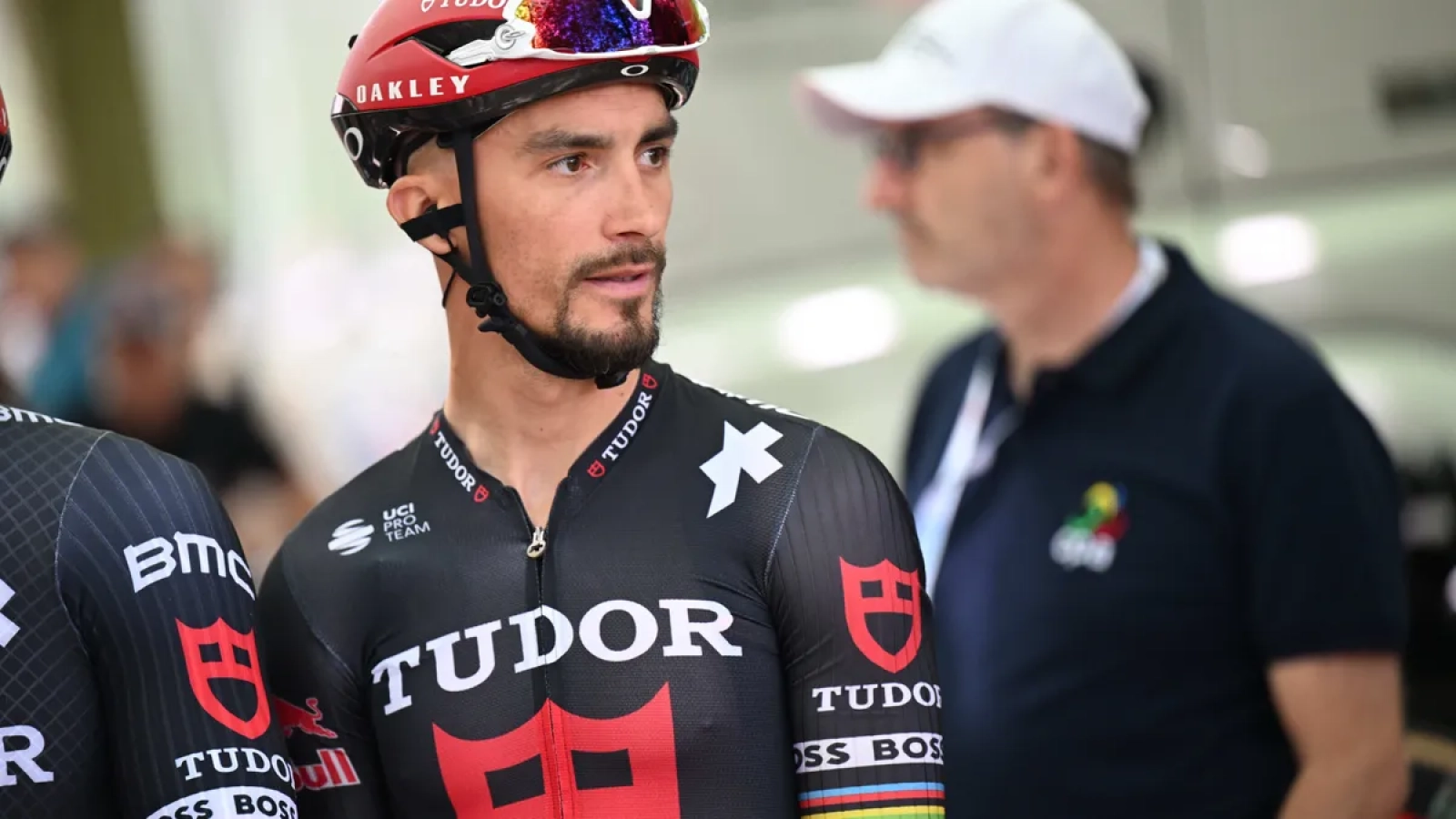
Pidcock or Alaphilippe demonstrate that there is life beyond the World Tour
The dream of any cyclist looking to become a professional is, obviously, to be part of a top-category team and to compete in the best races in the world. However, the reality of the World Tour in recent years is that the demand for points and the structures in which everything is planned down to the last detail, subordinated to a great leader and shining in certain races, can lead to the total ostracism of the anonymous worker in the peloton and create pressure for those who, despite having great qualities, repeatedly hit the wall of facing the big monsters.
That is why cyclists who have already passed their peak years but still feel more than capable of shining in races resign themselves to adopting the anonymous role of domestique and seek their path to brilliance in the Pro Tour category.
RECOMENDADO
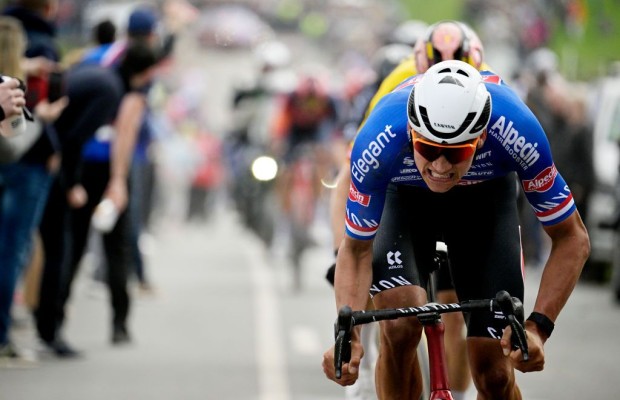
What happens if you exceed your maximum heart rate? Risks of pushing yourself to the limit
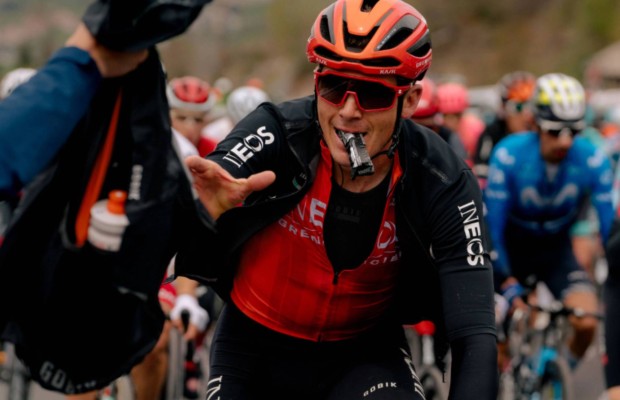
What are nitrates and why will they give you an extra boost in your performance on the bike?
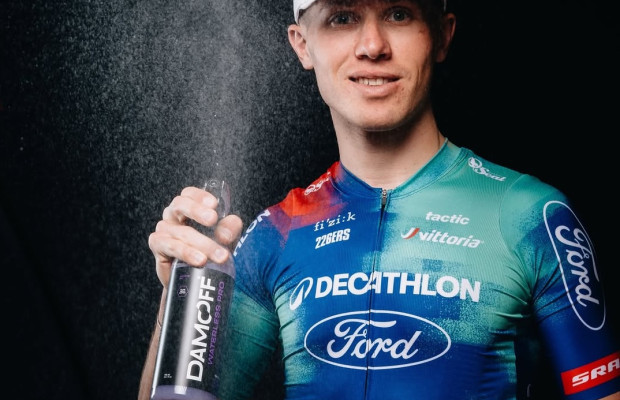
How to wash your bike at a gas station without ruining it
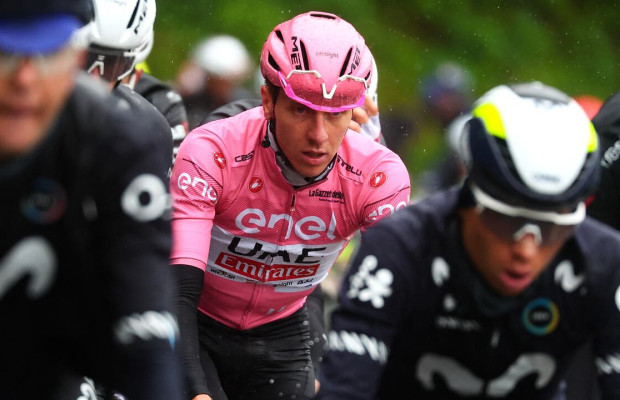
Tips for staying motivated to go out riding when cold, rain or night lurk

How to choose the right crankset and cassette: a guide to find the right ratio and extend the life of your bike
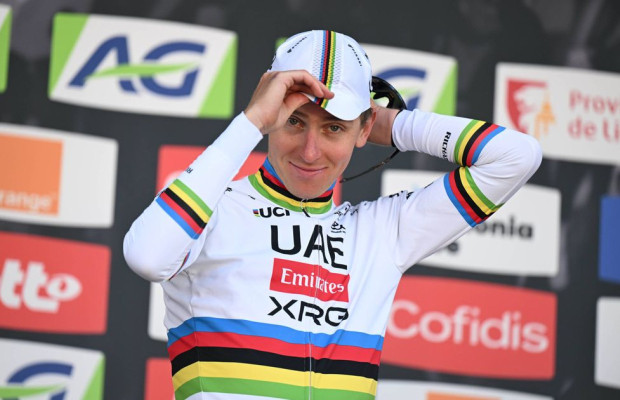
Complete 2026 UCI WorldTour calendar and key dates: the show begins
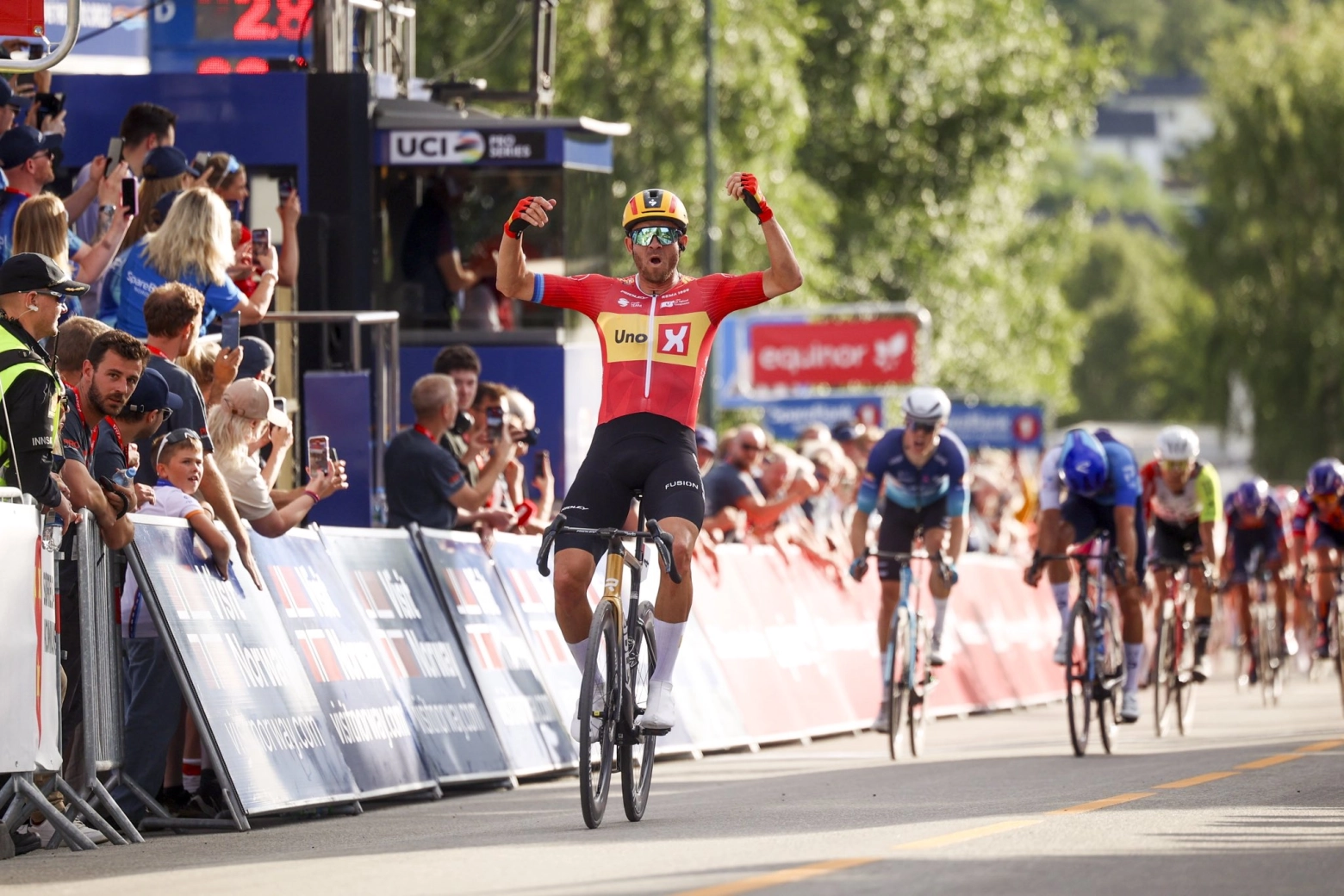
A category that, depending on the team, can mean very little difference in sporting terms compared to being in a World Tour team, since, let’s remember, the best-ranked teams each year earn the right to be invited to all competitions in the top category, although without the obligation that World Tour teams have to participate in their races, which can sometimes be an advantage for Pro Teams when it comes to creating calendars that are more in line with their interests, economic capabilities, and possibilities for the team to shine.
Without a doubt, one of the clearest examples of a cyclist who, at the beginning of the decline of his career, has found a second youth within a Pro Team is Julian Alaphilippe, who, after campaigns with a tremendously tense relationship with Patrick Lefevere at Soudal-QuickStep, failing to justify the million-dollar renewal he received after his two World Championships, has found in the Tudor team a place to continue showing his performance.
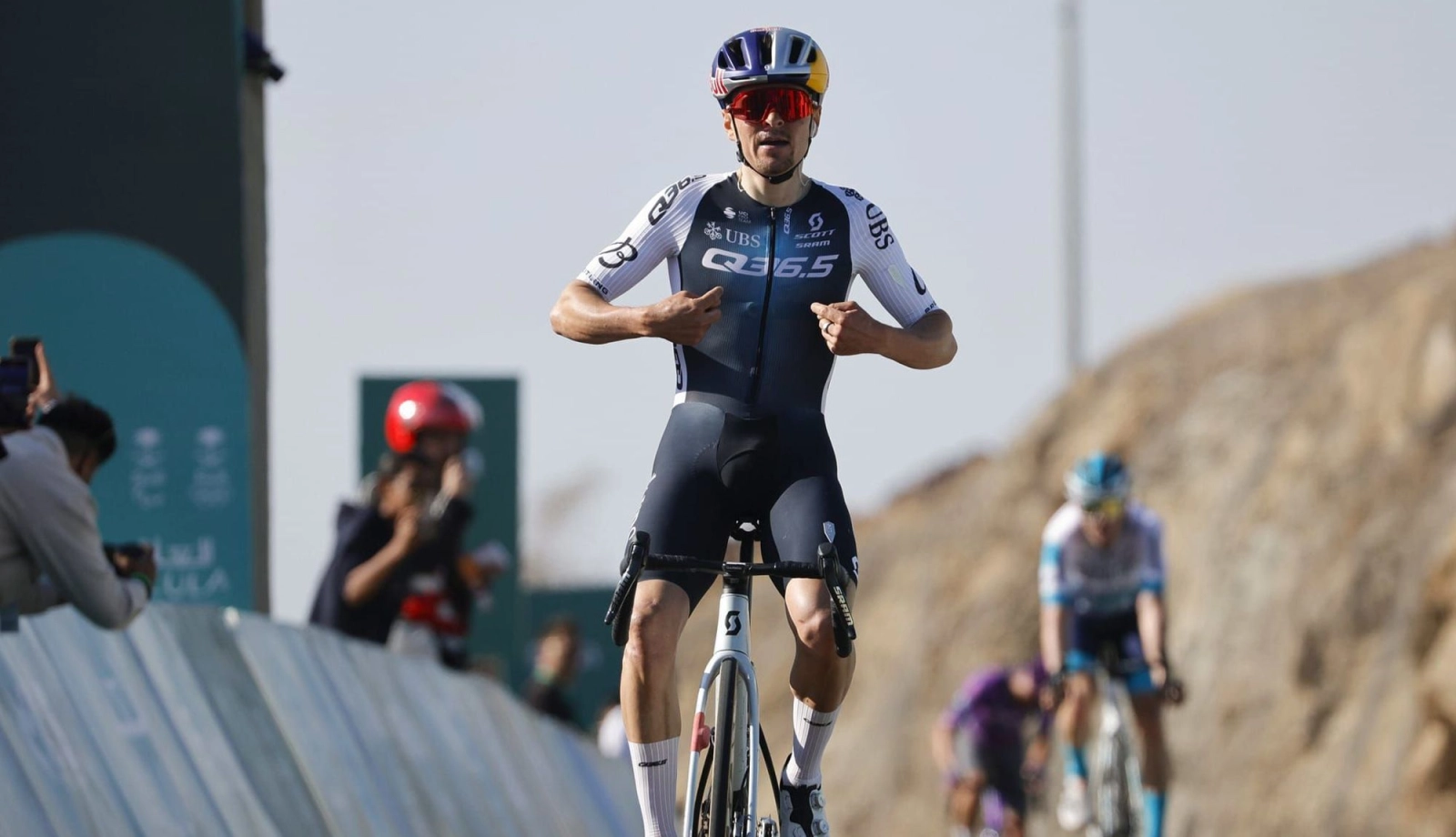
It is true that in 2025 he has only achieved one victory, that of the GP Quebec, although tremendously valuable for Tudor as it is a World Tour category race. However, his record this season is filled with honorable positions, and he has been a constant animator in the races he has participated in, always tremendously active, which, after all, is a great asset for his team, in addition to the juicy points earned by the Frenchman throughout the year, undoubtedly one of the reasons why Tudor has made it among the best teams of the season, obtaining the right to invitation in all World Tour races of 2026.
We find other cyclists who, in the final part of their careers, manage to maintain prominence within Pro Team squads and, in turn, contribute their experience to these teams, usually made up of young cyclists who are still growing with their sights set on the top category. Good examples could be the veteran Alexander Kristoff, who in his last season as a professional has contributed 2 victories to Uno-X Mobility; Marc Hirchi, Michael Storer, and Matteo Trentin, like Alaphilippe, in the Tudor team; or Elia Viviani in his last season as a professional, which he has raced with Lotto.
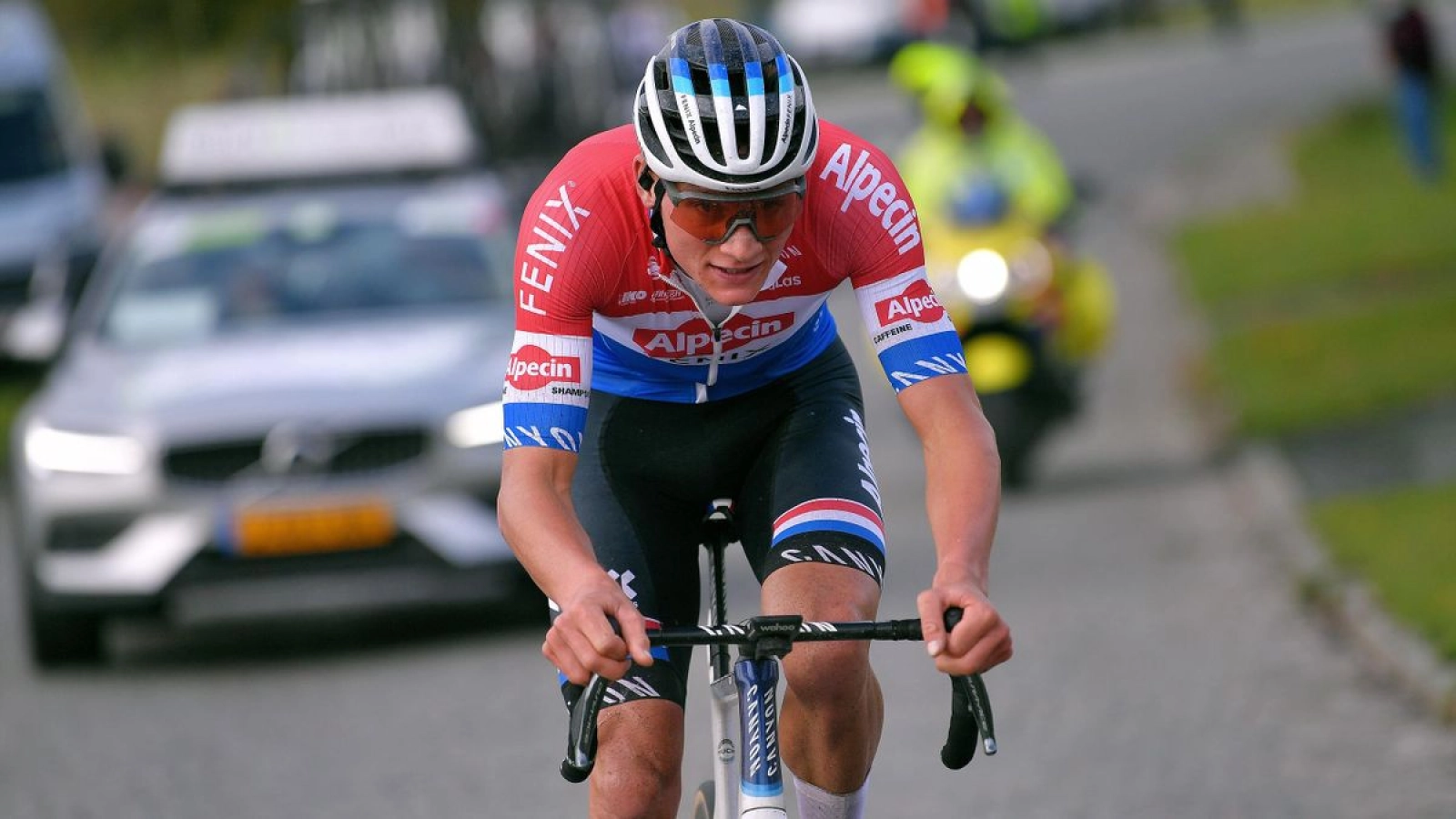
However, it is much less common for top-level cyclists to choose a Pro Team for other motivations, especially sporting ones, as these teams provide them with a calendar that is completely tailored to their needs.
The most notable case is undoubtedly that of Tom Pidcock, frustrated by tensions within INEOS, after a long saga, left the British team for Q36.5. A team in which he has found tranquility, confidence, and a situation completely to his liking that has allowed him to achieve great performance both on the road and on the mountain bike, culminating in an unexpected podium finish at La Vuelta, a historic milestone for a Pro Team.
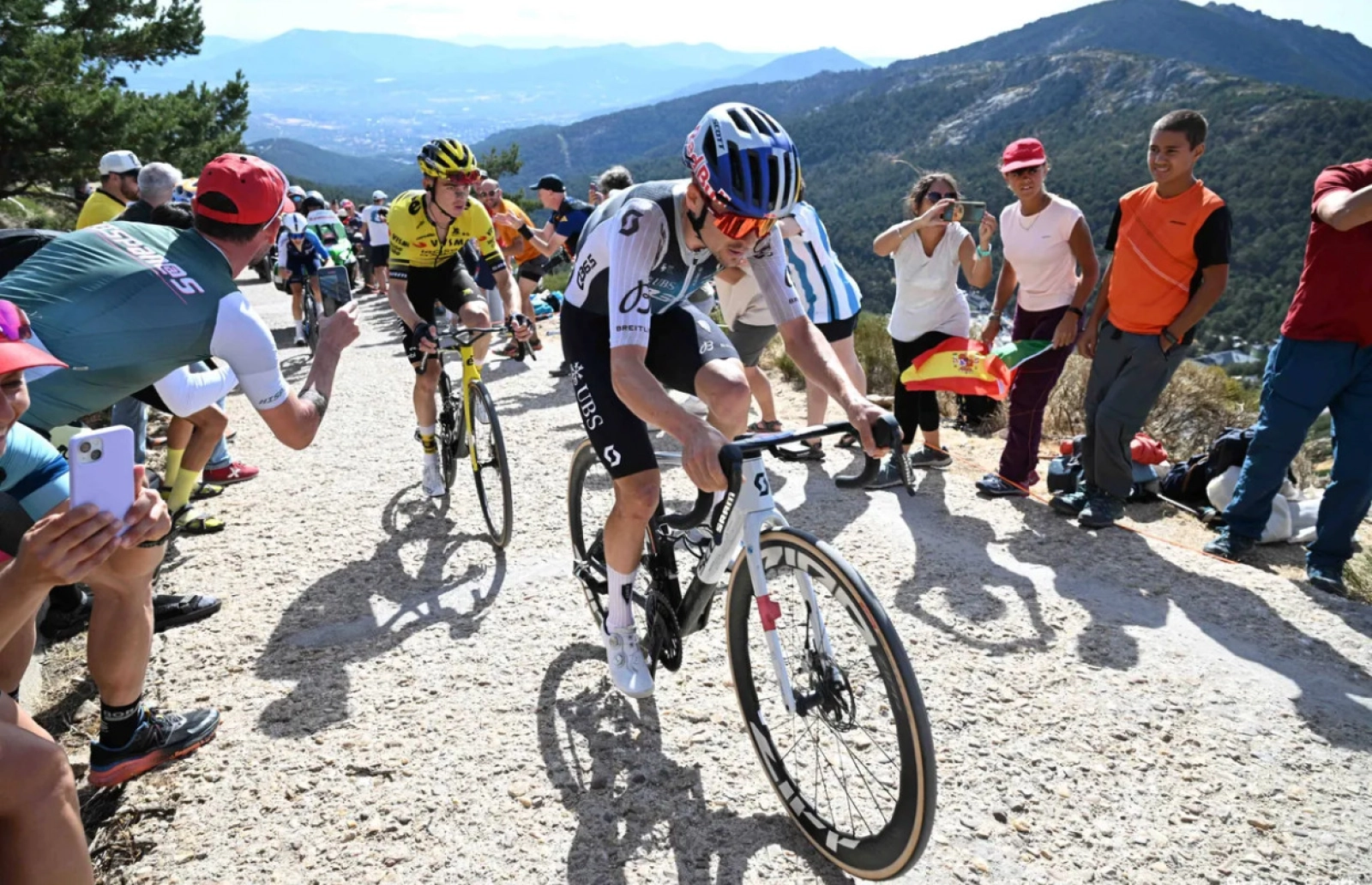
Before Pidcock, we already experienced a similar case with Mathieu van der Poel, who opted to sign with the then second-category team Alpecin. In this case, the desire to remain under the umbrella of the Rodhoff brothers, his mentors throughout his career, weighed heavily, in addition to the possibility the team provided him to continue easily balancing cyclocross, then his main discipline, with road cycling.
As we can see, Pro Teams can be a good option for many cyclists, allowing them another calendar in which they can shine despite being a little further away from the media spotlight. A little less relevance in exchange for flexibility and tranquility that for many translates into achieving performance that they are unable to reach under the pressure for results present in the World Tour.